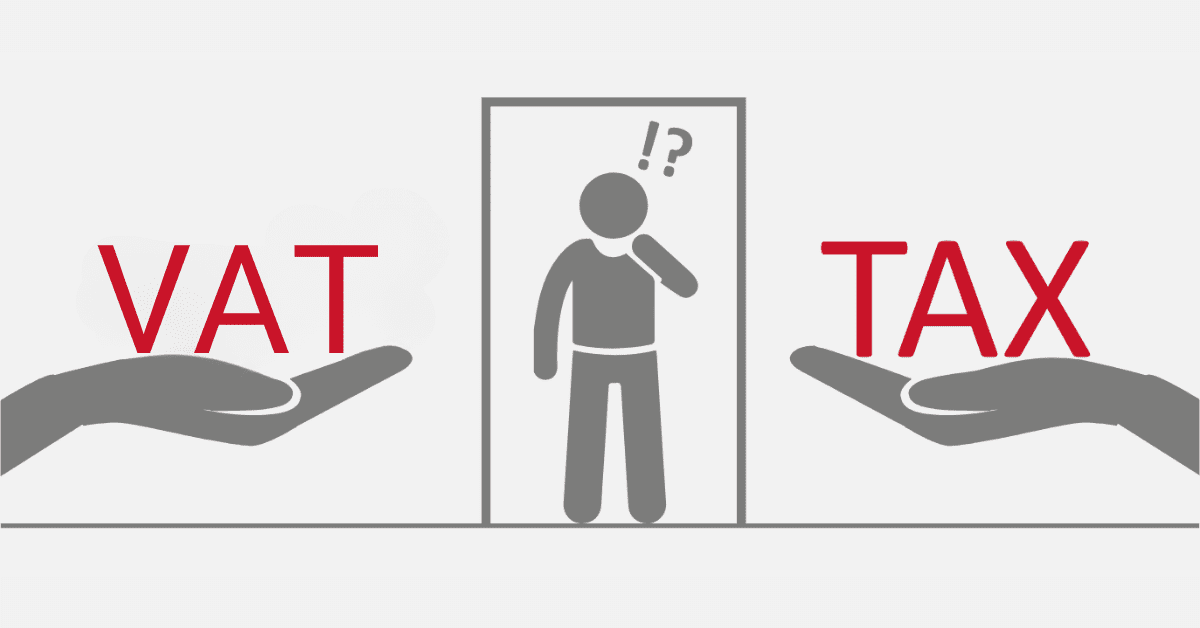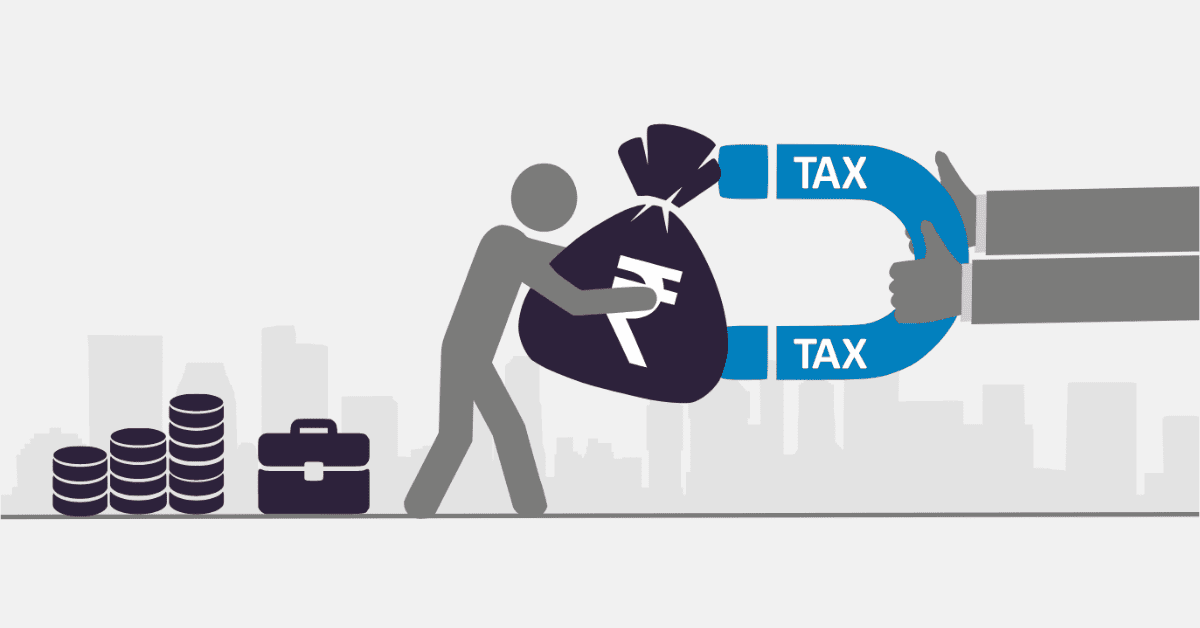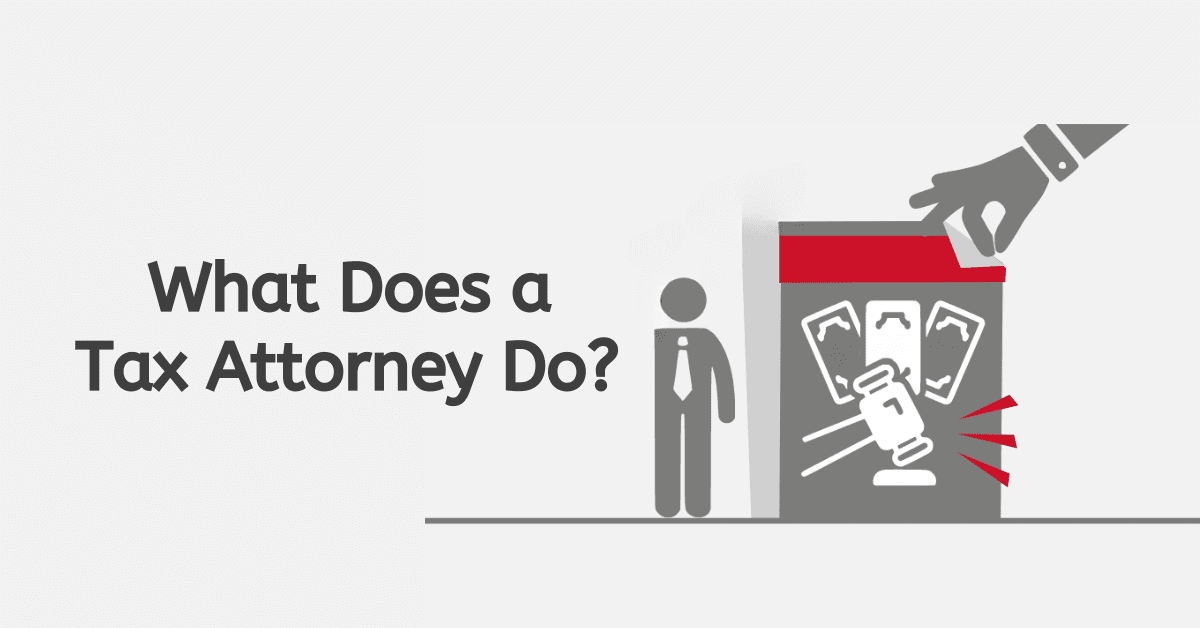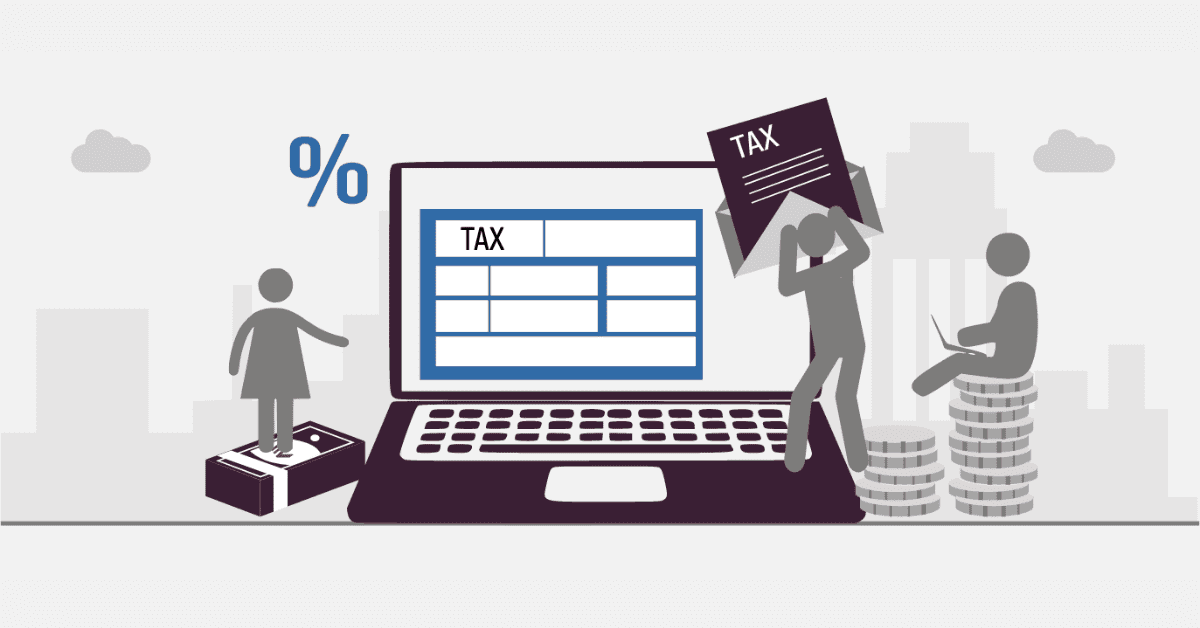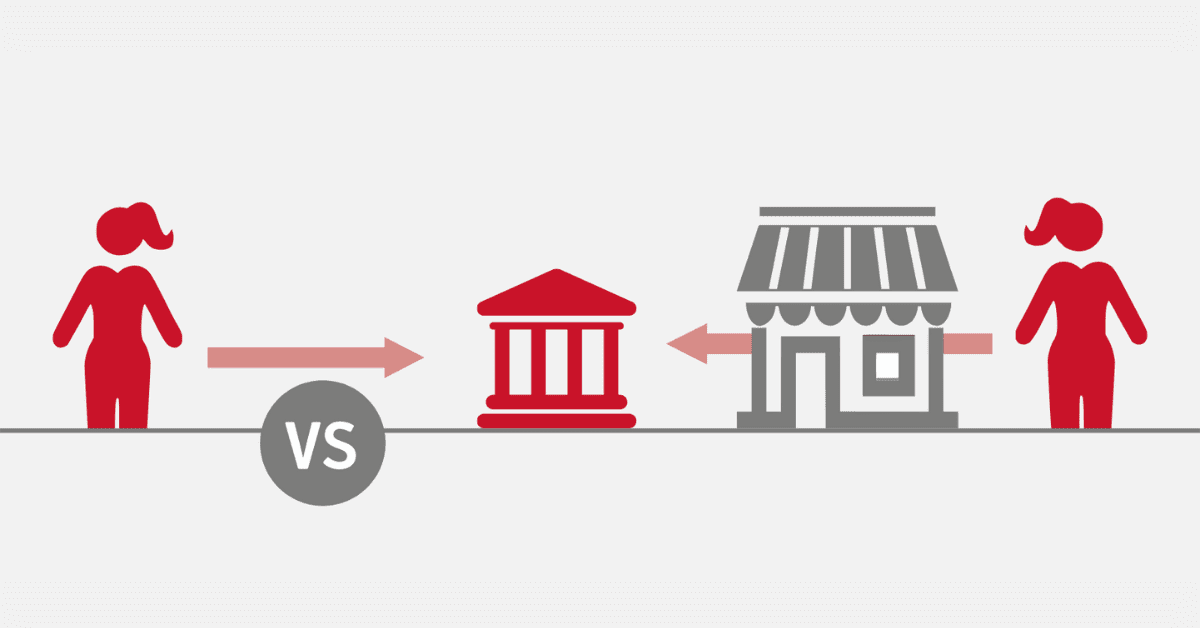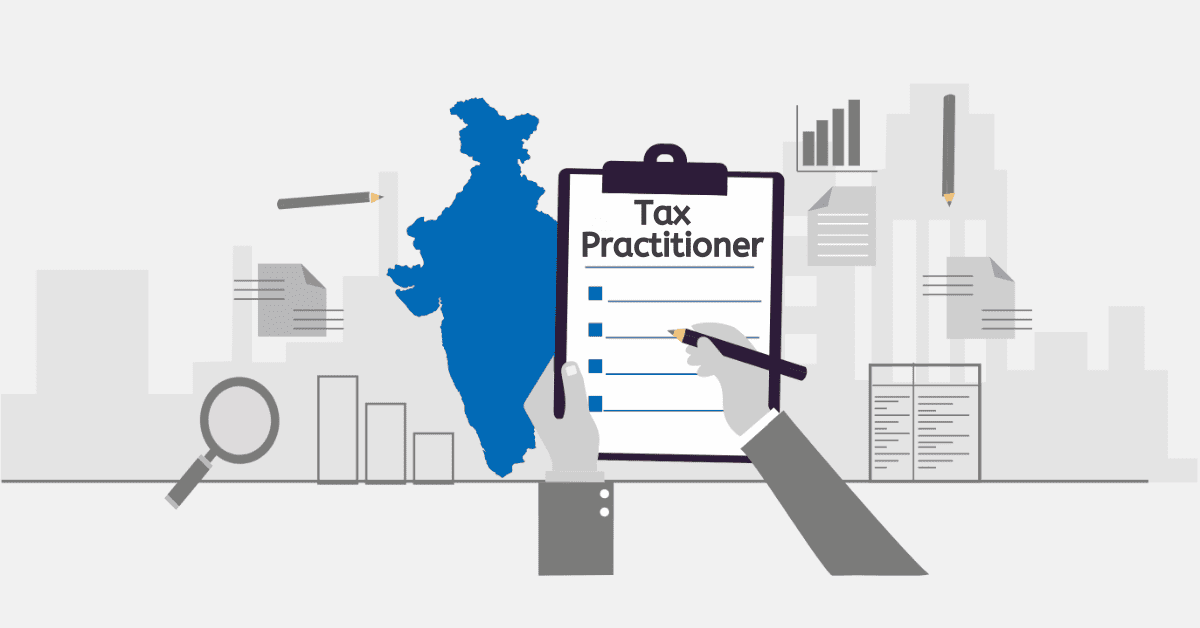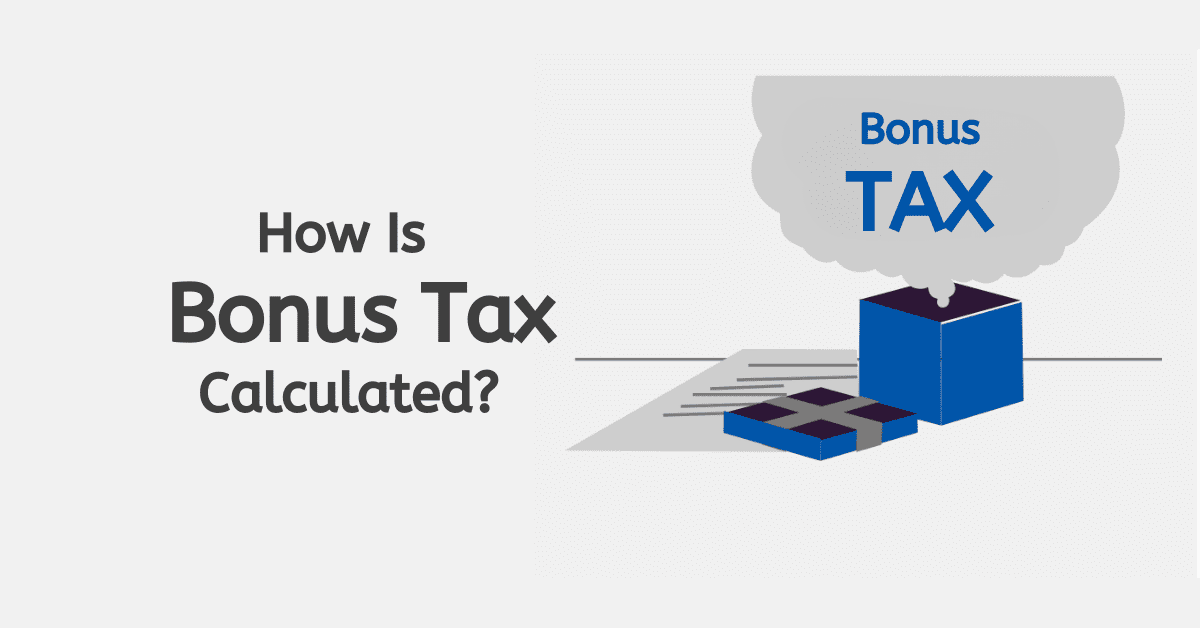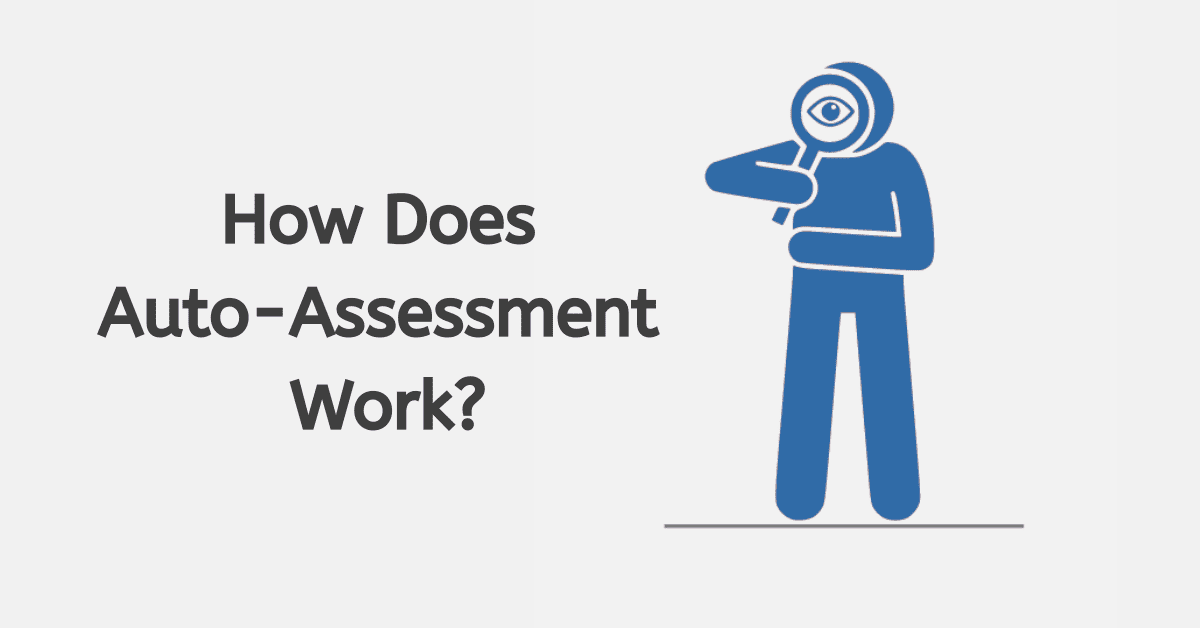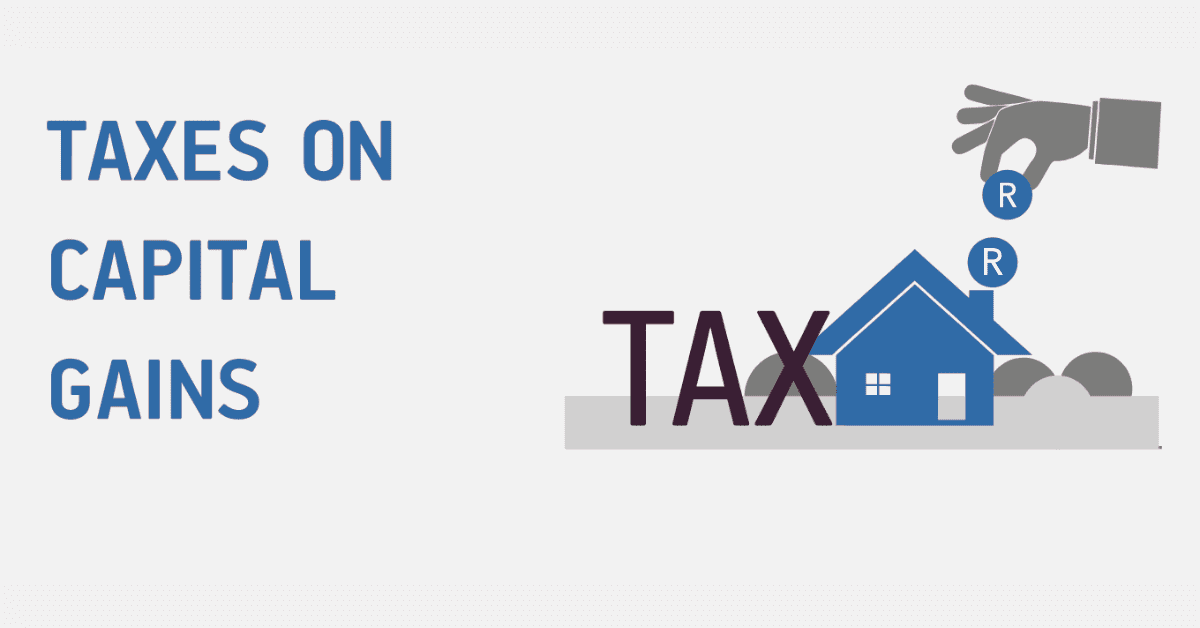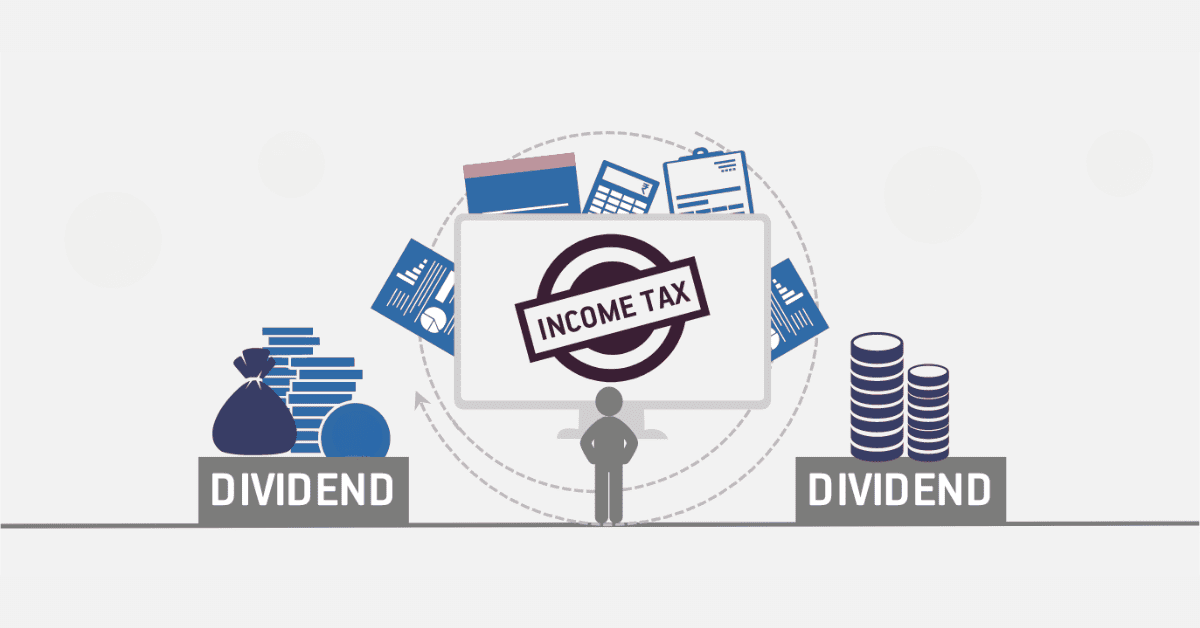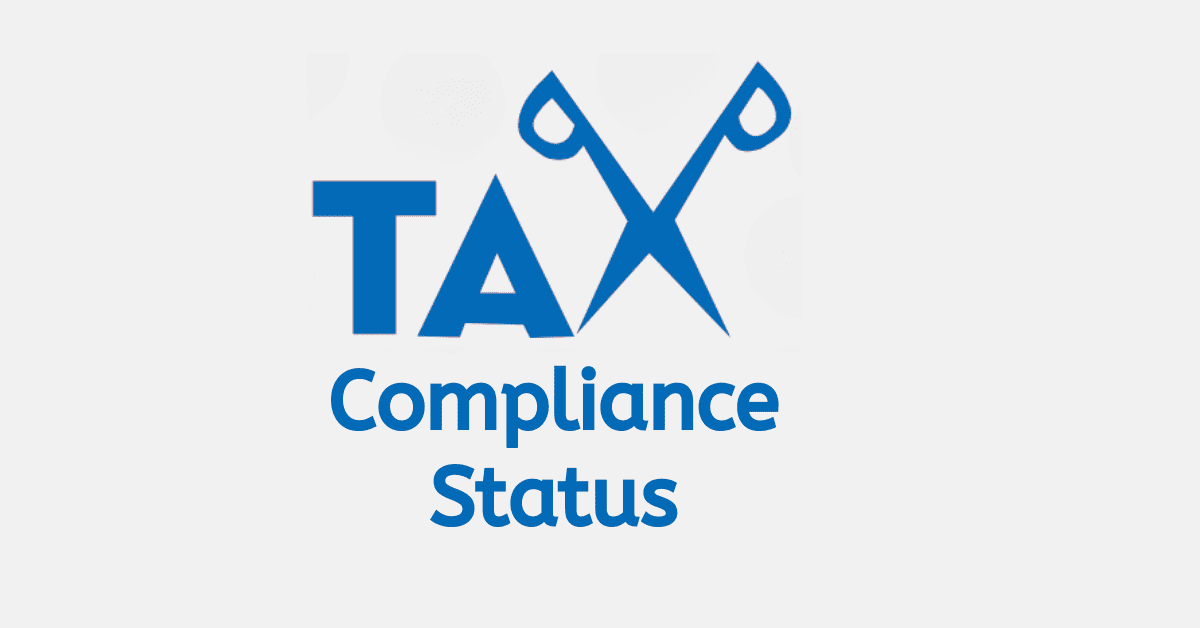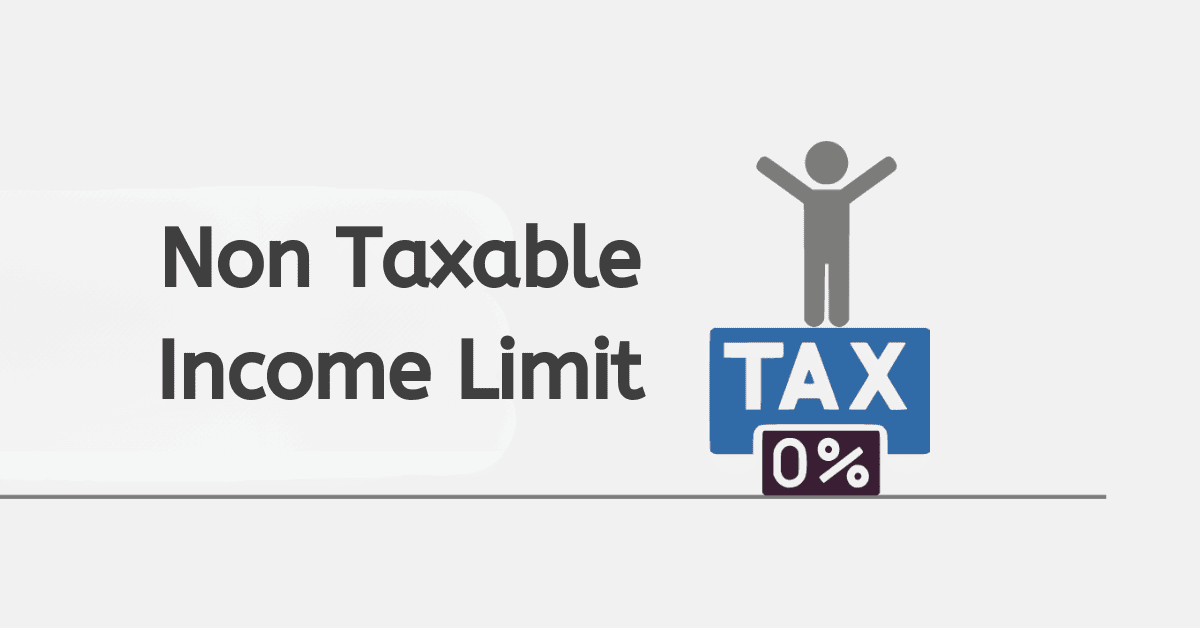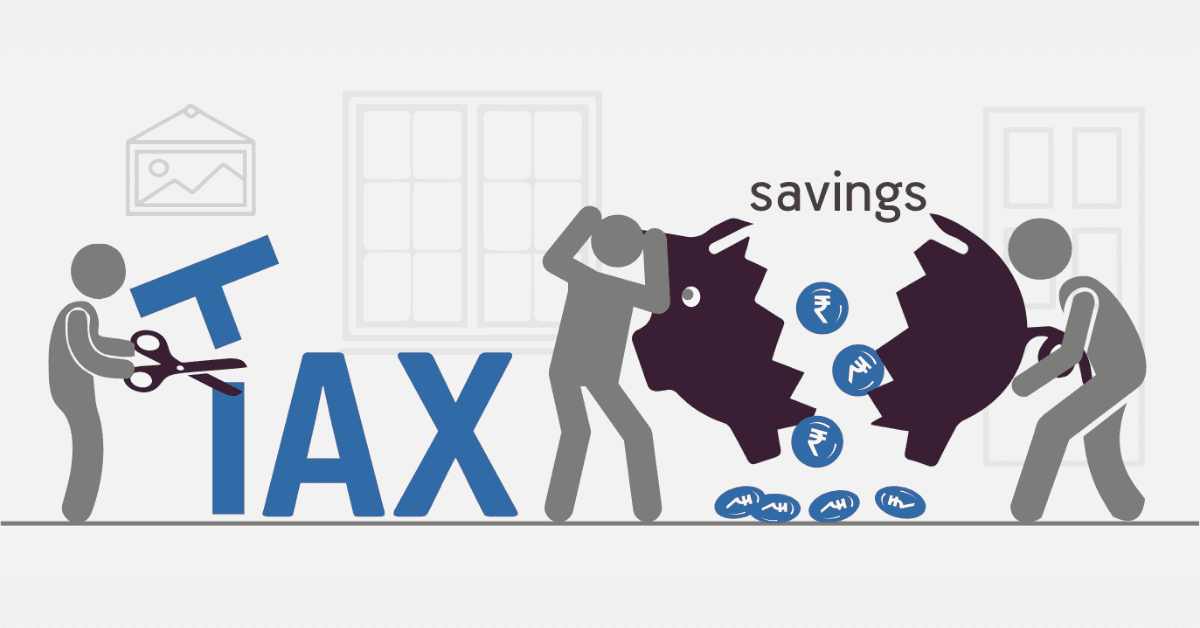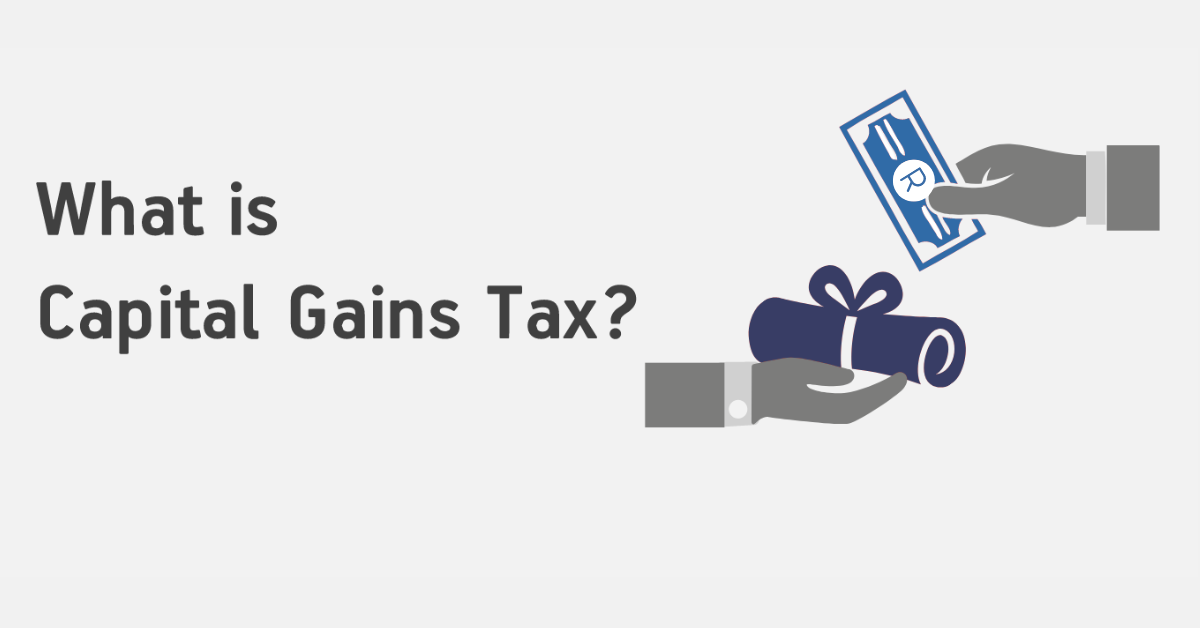When we hear the word ‘tax’ we tend to think of the most common types of tax, like income tax. However, there are also tax implications when you buy or sell an asset (like buildings or property). This is usually a one-time, but rather large, transfer of value between parties. The tax these transactions attract is known as Capital Gains
What is the Capital Gains Tax on Selling Property in South Africa?
Capital Gains Tax is a tax levied on the profit gained from the sale of an asset. While this doesn’t only mean property, the sale of property in South Africa is the most common way CGT is triggered. When you sell a property and realize a capital gain (i.e. make money on the sale instead of a loss), a portion of that gain becomes subject to tax. Losses do not attract CGT, although some types of capital loss can be ring-fenced or rolled into other areas of taxation.
To put this differently, it is common for pricey assets like property to rise in value over time. SARS does not expect you to incrementally declare that rise in their value on every tax return, especially as prices and markets are volatile and change swiftly. Instead, when you make ‘real money’ on the asset by selling it for a better price than you paid, instead of holding a notional value on a balance sheet, you will pay the tax on that value increase as a one-time CGT payment.
Who Pays Capital Gains Tax on Property Sales?
The responsibility for paying Capital Gains Tax on property sales falls on the property owner, be it an individual or a legal entity like a PTY LTD or trust. This includes residents, non-residents, companies, trusts, and other entities that derive capital gains from the disposal of South African property. The tax is calculated based on the net capital gain, which is the difference between the selling price of the property and its base cost.
What is the Current Capital Gains Tax in South Africa?
The base Capital Gains Tax rate in South Africa is currently 18%. This is for individuals and special trusts. There are higher rates (of 21.6% and 36%) for companies and other trusts respectively. These rates are adjusted from time to time but do not typically rise annually like income tax rates. This rate is applied to the net capital gain, and property sellers should keep this rate in mind to accurately estimate their tax liability.
How Do I Avoid Capital Gains Tax in South Africa?
It is not possible to entirely avoid all Capital Gains Tax on property sales. However, some legitimate strategies and exemptions can help minimize the tax liability as much as possible. This includes:
- The Primary Residence Exclusion: If the property being sold is your primary residence and meets certain criteria, you may qualify for a primary residence exclusion. This exclusion can significantly reduce or eliminate the Capital Gains Tax on the sale of your home. The primary residence exclusion currently stands at R2 million, but remember that there are qualifying criteria to meet.
- Annual Exclusion for Individuals and Special Trusts: Individuals are entitled to an annual exclusion on capital gains, allowing them to offset a certain amount of their gains before the 18% tax rate applies. Staying within this exclusion limit can help minimize your overall tax liability. The limit is currently R40,000. This rises to R300,000 in the year of death to help reduce Estate Duty.
- Roll-Over Relief: In certain situations, such as the transfer of property between spouses during a divorce or the transfer of assets within a group of companies, roll-over relief may be applicable. This defers the Capital Gains Tax liability to a future date.
- Section 24B Exclusion: Capital gains resulting from the sale of personal-use assets with a base cost of up to R50,000 are excluded from Capital Gains Tax. This exemption is particularly relevant for assets like artwork, jewelry, or furniture, and typically doesn’t trigger for properties.
Additionally, if you are selling a small business valued at under R10 million, and are over 55 years of age, there is a R1.8 million exclusion you can use that can be applied towards the buildings where relevant.
How Do I Calculate My Capital Gains?
Calculating Capital Gains requires you to know both the proceeds from the sale and the base cost of the property. The formula for calculating Capital Gains is as follows:
Capital Gain=Selling Price−(Base Cost of the property + Incidental Costs)
Where the ‘base cost’ is the original purchase price with additional acquisition costs (like transfer duties and legal fees), and the cost of any improvements made to the property. ‘Incidental costs’ are those you will incur during the sale, such as legal fees, transfer duties, and estate agent commissions.
Once you’ve calculated the capital gain, you can then apply any applicable exclusions, deductions, or reliefs to determine the net capital gain. This is the section that will be taxed.
Capital Gains Tax is a sometimes confusing tax type that can be very difficult for the average person to understand. Hopefully, this article has helped you come to grips with the basics, so you can feel more confident about CGT and your property sale.
